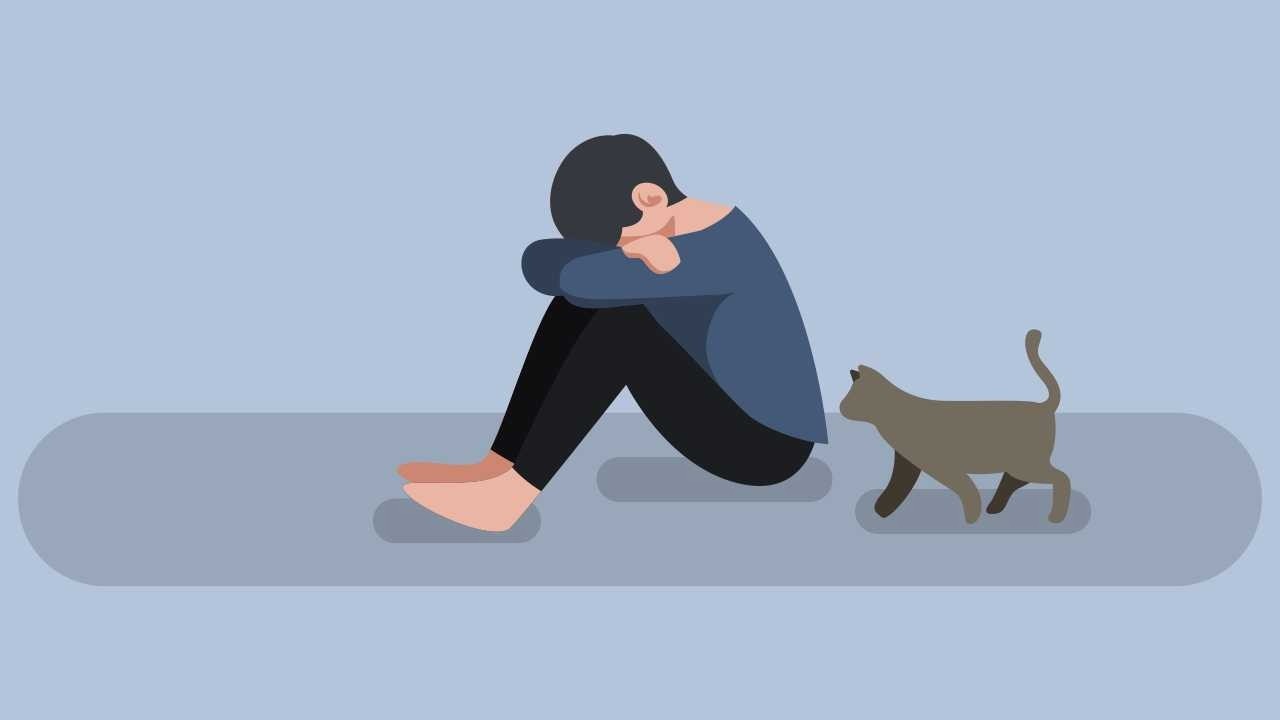Dear Souls and Hearts Community Members,
If something is worth doing, it’s worth doing badly. G.K Chesterton, 1910
I can’t think of any endeavor in which Chesterton’s famous quote is more important or true than prayer. Prayer.
Prayer. What does that word bring up for you when you read it. Take a minute in your busy day right now and stop. You have a minute. Prayer. What spontaneously comes up in you, in your body, in your emotions, in your thoughts and beliefs? Pause here, take a minute, be really honest with yourself on this.
If you are like most Catholics, what comes up could be something uncomfortable, even a little distressing. So many of us suffer from a deep sense of inadequacy about our prayer. And that’s what can lead to us “forgetting” to pray, time sliding away, avoidance, distractions, and all kinds of experiences and impulses that get in the way of us connecting to God.
Shame, the Prayer-Killer.
Do you know a synonym for a “deep sense of inadequacy”? It’s shame. Shame is the prayer killer. It keeps us from God. We see this in Genesis 3, right after Adam and Eve ate the forbidden fruit, they were overcome with not only guilt, but also shame. And off into the bushes they went to hide from God, impulsively trying to cut off communication, trying to cut off the relationship with God out of fear driven by their shame. Seeking the pseudo-safety of isolation.
In their excellent book Personal Prayer: A Guide to Receiving the Father’s Love, Benedictine monks and spiritual directors Fr. Thomas Acklin and Fr. Boniface Hicks emphasis how prayer is the meeting place where you develop your personal relationship with the Three Persons of the Trinity.* And you bring in all of you – all your “emotions, imagination, memory, intellectual concepts, moral judgements, and free choices” into that relationship. I would add all your impulses, desires, intentions, thoughts, assumptions, body sensations and everything else in you. All of it. All of you.
Perfectionism
Frs. Acklin and Hicks write “Jesus does not expect to find us in the place of angels. He looks for us in the lowest place, at the children’s table, and He comes to sit with us and then to take us to sit next to Him and our Heavenly Father.” (p. xxvii — I’m not very far in the book yet).
If and when we start to pray, we’re going to pray badly. No one starts out praying well. God knows this about us. At some level, we know that, too.
I’ve never heard anyone say, “My prayer life is really excellent, now approaching perfection. I pray in a precise way, extraordinarily attuned and focused, in just the right measure and tone, and I methodically scaled through all the stages of prayer in proper order until I hit the contemplative pinnacle of my present existence.” Such a statement is unnatural and weird and it gives me the heebie-jeebies (that’s professional vocabulary for shivers or tremors with an accompanying sense of creepiness – also known as “the willies”).
Jack Canfield said “You don’t have to get it perfect, you just have to get it going. Babies don’t walk the first time they try, but eventually they get it right.” Nowhere is this more true than in prayer. And just like good parents don’t get all critical of babies learning to walk (instead helping them) how much more will our heavenly Father and our Spiritual mother help us in prayer, fully aware of our woundedness, our traumas, our needs and fears, our shame, our defenses.
So let’s not let perfectionism around prayer get in our way. Set aside the time for prayer today. No matter what. It starts with dedicating the time.
Check out Episode 85 of my podcast Interior Integration for Catholics to find out all about the different subtle ways that perfectionism can derail us from deep relating and seeking the good.
Human Formation
Shame, fear and perfectionism. These three compromise our human formation. In the Resilient Catholics Community we work on these things together, as imperfect, struggling human beings real men and women, embodied beings, both natural and spiritual, in all of who we are, not who we thing we should be, but who we are right now. We work on the natural obstacles, psychological and emotional that keep us from a deeper relational intimacy with God and Mary. Anything in our wounded humanity that gets in the way of us relating with others, we are going to bring into our prayer, into our relational space with God and Mary.
If these reflections resonate with you, consider joining the Resilient Catholics Community. Lots of information and the application form are on our landing page here.
See you next week! In our Lord and our Lady,
Dr. Peter.
P.S. If you want to learn a lot more about shame, based on the best of psychology grounded in a Catholic understanding of the human person, check out this pdf with descriptions of and links to Episodes 37 to 49 of the IIC podcast — it’s a whole course on shame, which underlies so much of our suffering.
P.S.S. If you are so moved, feel free to forward this to someone you think might benefit.
*Who puts footnotes in an email message? I do. 😉 Just a note that when I recommend others’ books or anything else, it’s because I believe in their worth for you, not because there’s any kickbacks to me in some kind of vertical affiliate program or something like that.
